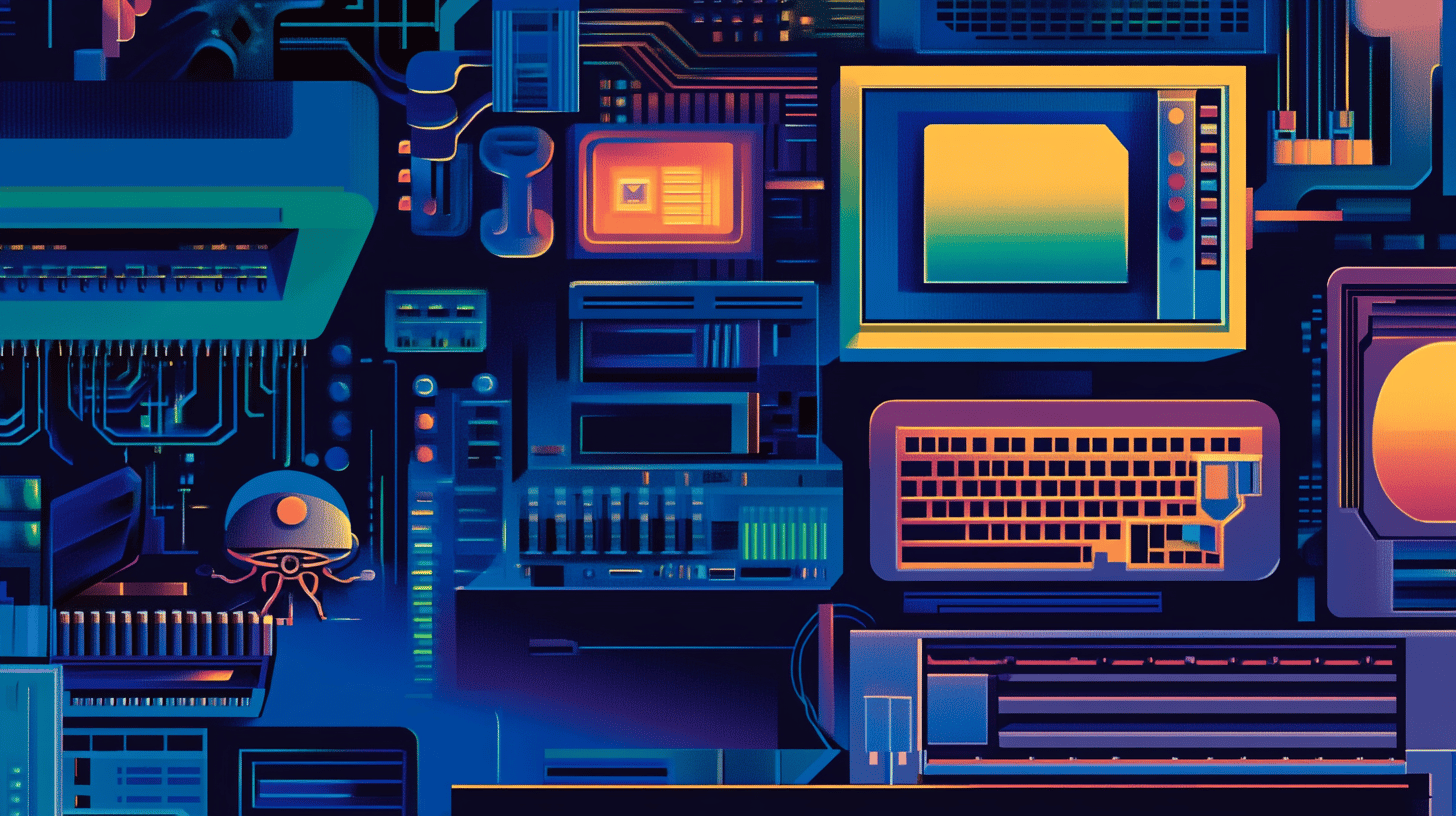The world of technology is full of innovations, mysteries and fascinating stories that often go unnoticed by enthusiasts. In this post, we will share 10 incredible facts about technology that every geek should know. Get ready to be amazed by what the technology industry has to offer!
1. The First Personal Computer
Did you know that the first commercially available personal computer was the Altair 8800, released in 1975? The Altair was a box with a printed circuit board and LEDs that represented input. It was a landmark in the early personal computer era and became the model for what we know today. Many early technology enthusiasts, including Bill Gates and Paul Allen, were inspired by the Altair and founded Microsoft out of that passion.
2. The Birth of Internet Explorer
In the late 1990s, Microsoft released Internet Explorer. However, what many people don’t know is that the browser was originally based on a product called Mosaic, which was one of the first web browsers. Mosaic was developed by Marc Andreessen, who later helped found Netscape. This exchange of technologies helped shape the web as we know it today.
3. The Real Programming Gene
The word “bug” as a programming error has a very peculiar origin. In 1947, Grace Hopper, one of the pioneers of computing, found a moth trapped in one of the relays of a computer. The incident was documented and became famous as the first case of a computer “bug.” Grace and her team even glued the moth into their diary, thus documenting the “death of the bug.”
4. The First Smartphone
While smartphones are commonplace today, the first device that could be classified as a smartphone was the IBM Simon, released in 1994. The Simon not only made phone calls, but also contained a calendar, a contact book, and even apps for sending emails and messages. With a touchscreen, it was truly ahead of its time.
5. Google handles over 3.5 billion searches per day
Google is without a doubt the most popular search engine in the world. On average, it processes over 3.5 billion searches every day. This means that in a given year, Google receives around 1.2 trillion queries. This proves how technology has made information accessible on a scale never seen before in human history.
6. The Open Source Revolution
The free and open source software movement has had a huge impact on the way technology evolves. Software like Linux, created by Linus Torvalds in 1991, is one of the most notable examples of open source, powering millions of servers and devices today. Open source allows developers of all skill levels to contribute to projects, improving the quality and security of software.
7. The True Power of AI
While artificial intelligence (AI) has gained a lot of attention recently, its origins date back to the 1950s, when Alan Turing proposed the concept of machines that could simulate human intelligence. The Turing test, as it’s known, assesses whether a machine can behave in a way that’s indistinguishable from a human. AI is already present in many aspects of our lives, from personal assistants on smartphones to recommender systems on streaming platforms.
8. Game Consoles and Their Cultural Impact
Game consoles have a significant cultural impact. The Atari 2600, released in 1977, helped popularize video games, allowing games like “Pac-Man” and “Space Invaders” to become cultural phenomena. Today, games influence music, movies, and even fashion. The gaming industry is a billion-dollar powerhouse and continues to grow rapidly.
9. The Digital Security Conundrum
Since the advent of the Internet, digital security has become an increasingly relevant topic. The first computer virus considered “malicious” was “Creeper,” created in 1971 as an experiment. Since then, viruses have evolved into complex and sophisticated threats. Digital security has become a priority for individuals and businesses, resulting in a growing market dedicated to cybersecurity.
10. Virtual Reality and Its Possibilities
Virtual reality (VR) is not just a science fiction concept. VR technologies are now being used in a variety of fields, including education, healthcare, and entertainment. A prime example is the use of VR simulators in medical training, allowing professionals to practice operations in immersive environments. The future of VR promises even more innovations that will affect the way we interact with the digital world.
Conclusion
These are just a few of the technological curiosities that make up the vast and intriguing history of our geek world. Technology continues to evolve at a rapid pace, shaping our lives in ways we can’t even imagine. If you’re a true geek enthusiast, there’s always more to learn and explore. Don’t hesitate to share this article with your friends and leave comments with other curiosities you know. Let’s continue this fascinating conversation about technology!


